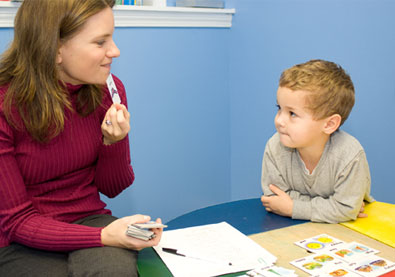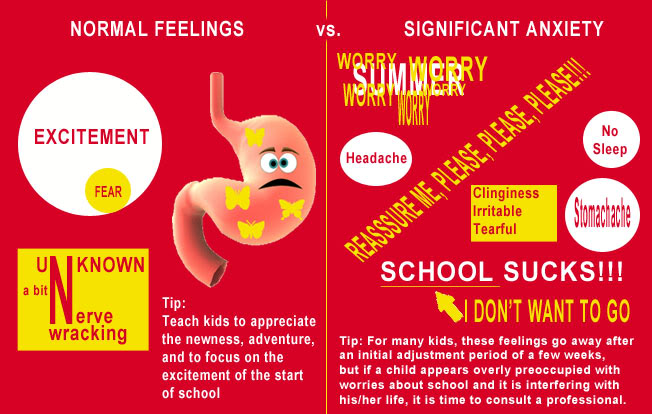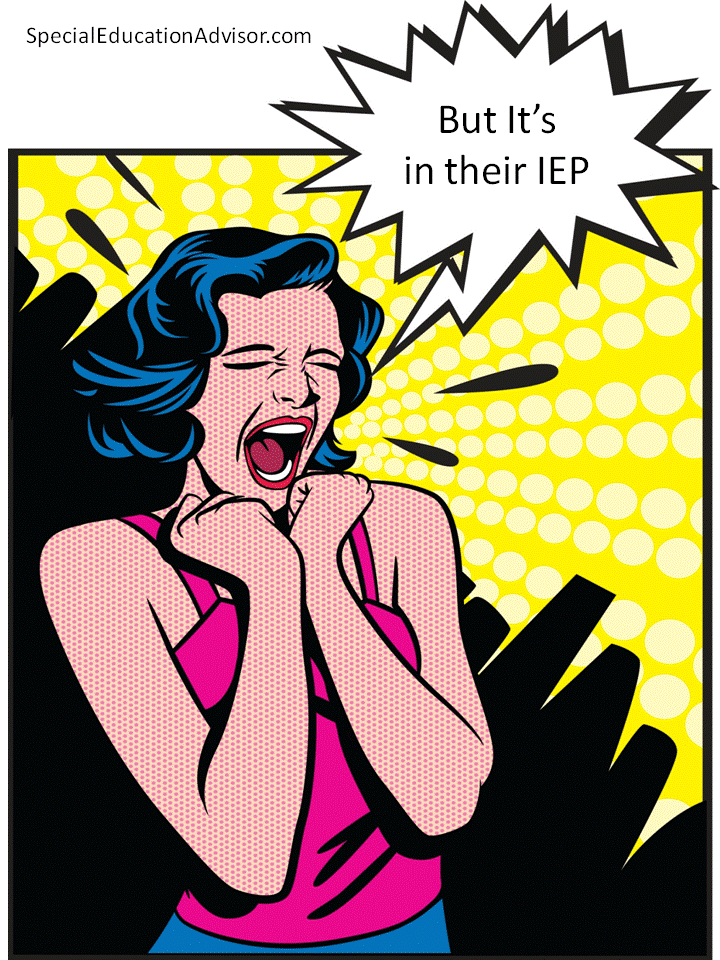
Image Courtesy of speechandot.com
Are you worried about your preschooler or kindergartener? Maybe there have been signs that something is just not quite right with her communication skills, or her preschool teacher has mentioned she isn’t reaching typical communication milestones just yet. You’ve maybe even heard that it is “just a phase” or that your child will “catch up” with the other kids her age. While every child is an individual and will make progress at his or her own unique pace, it is also important to listen to those gut feelings and inner voices you have that something might be causing this delay. Continue reading









